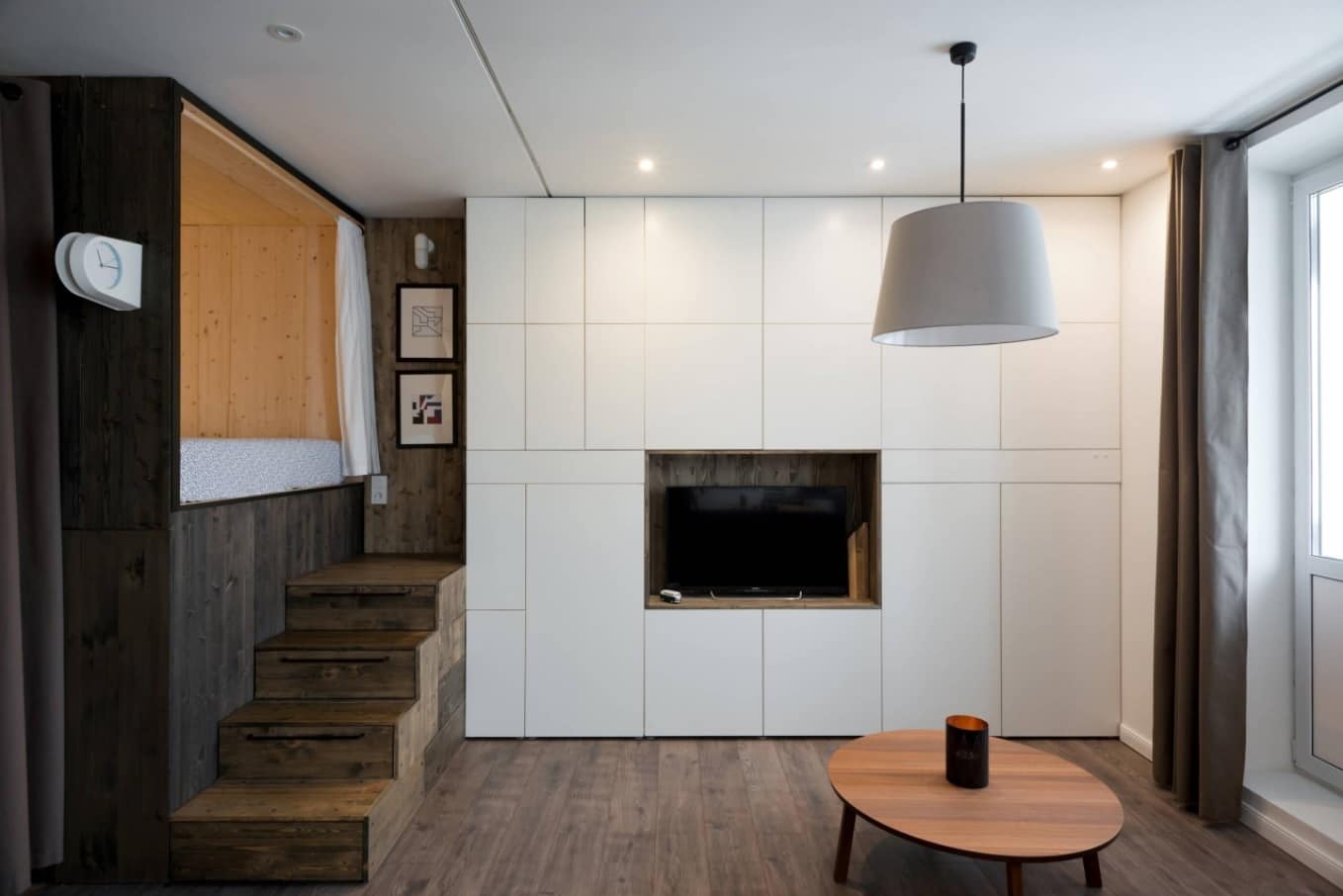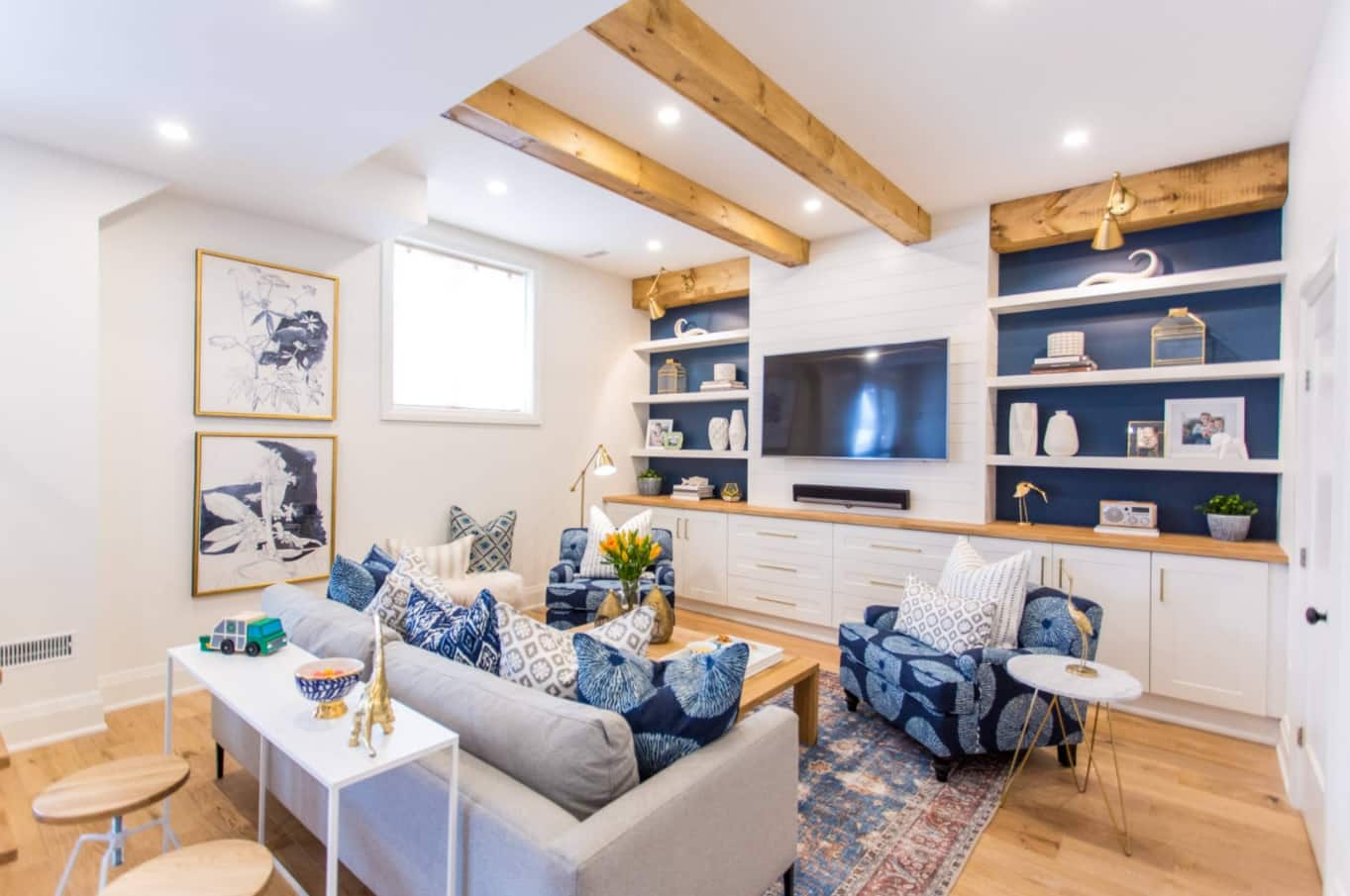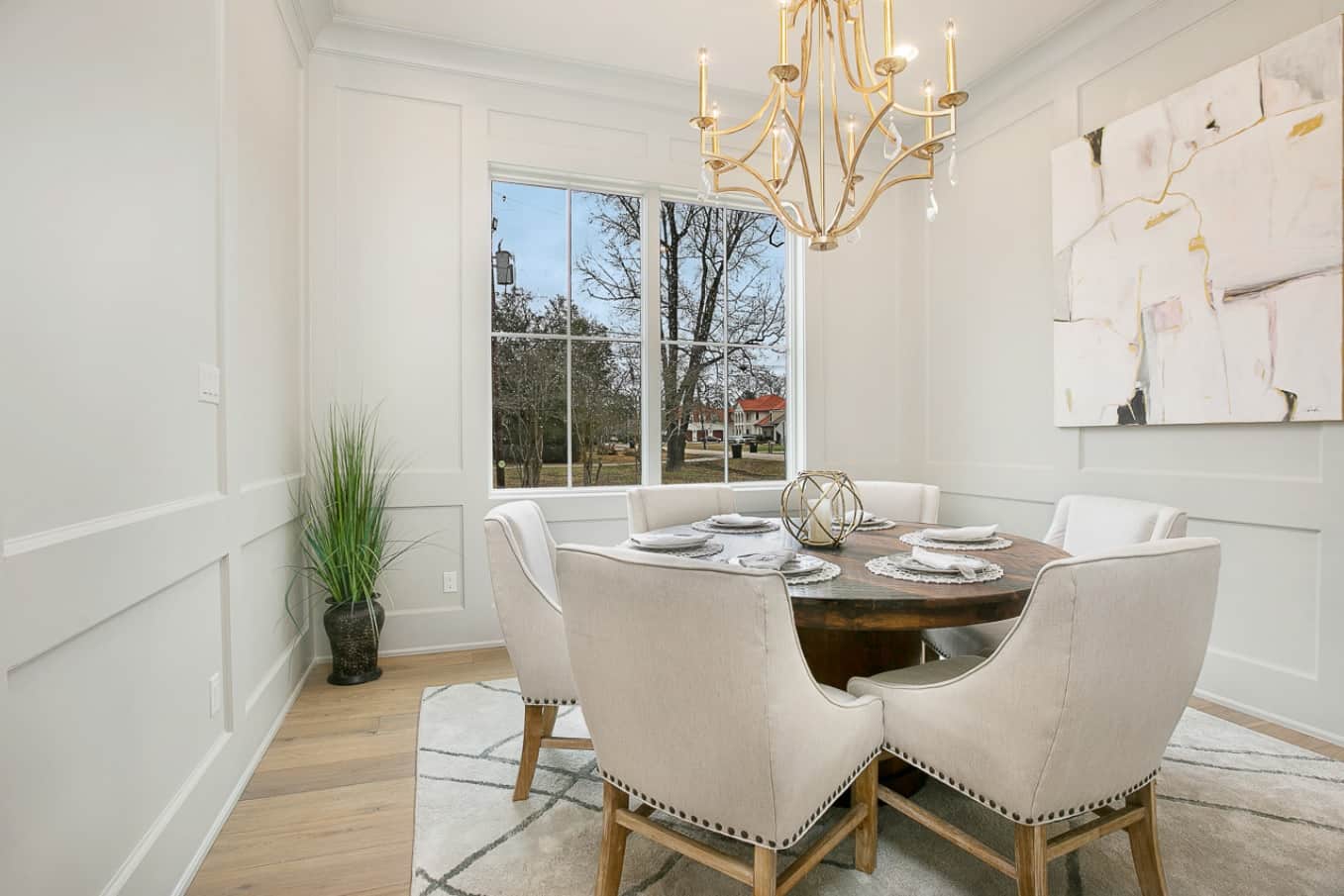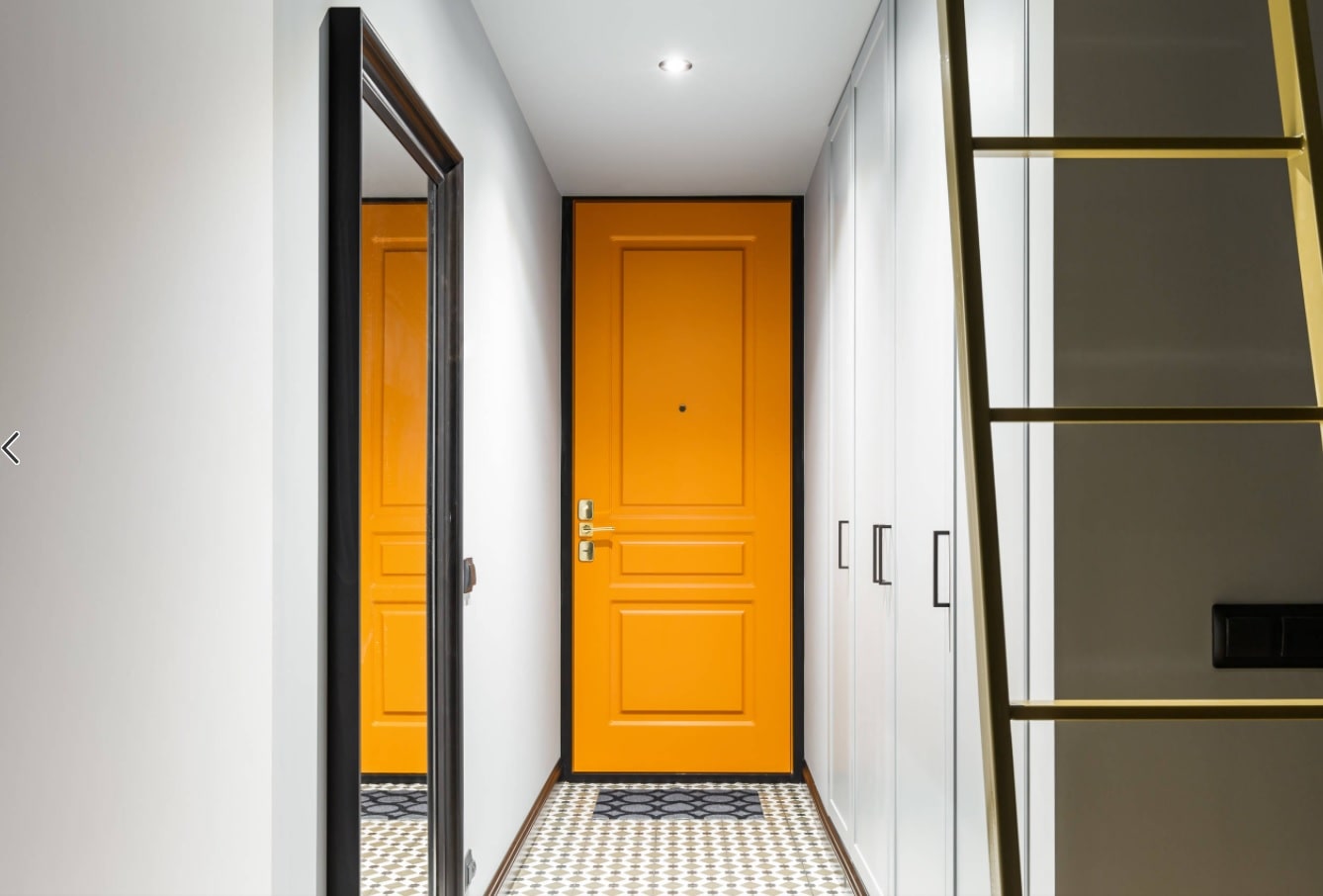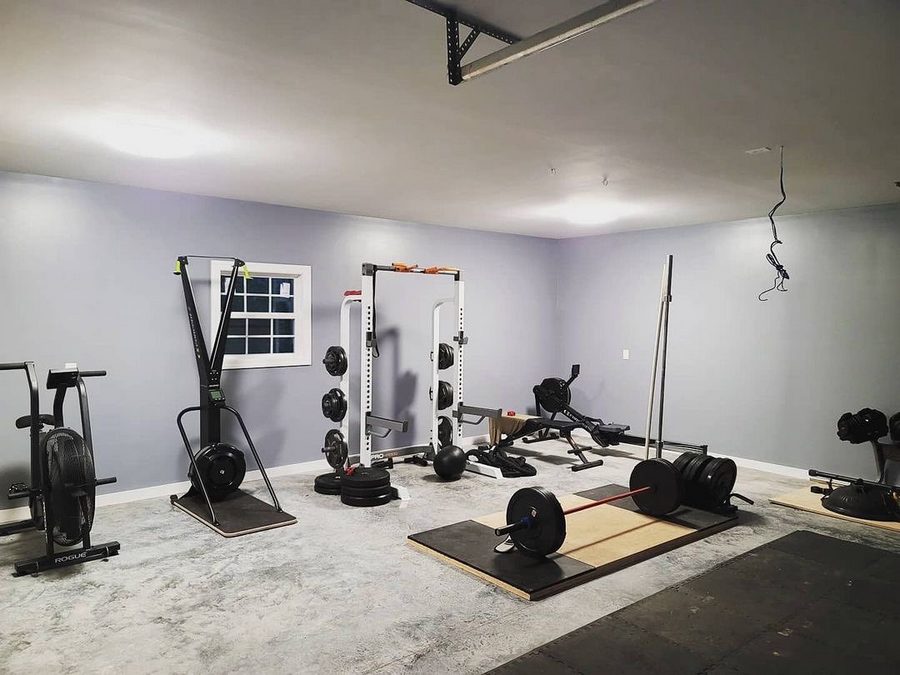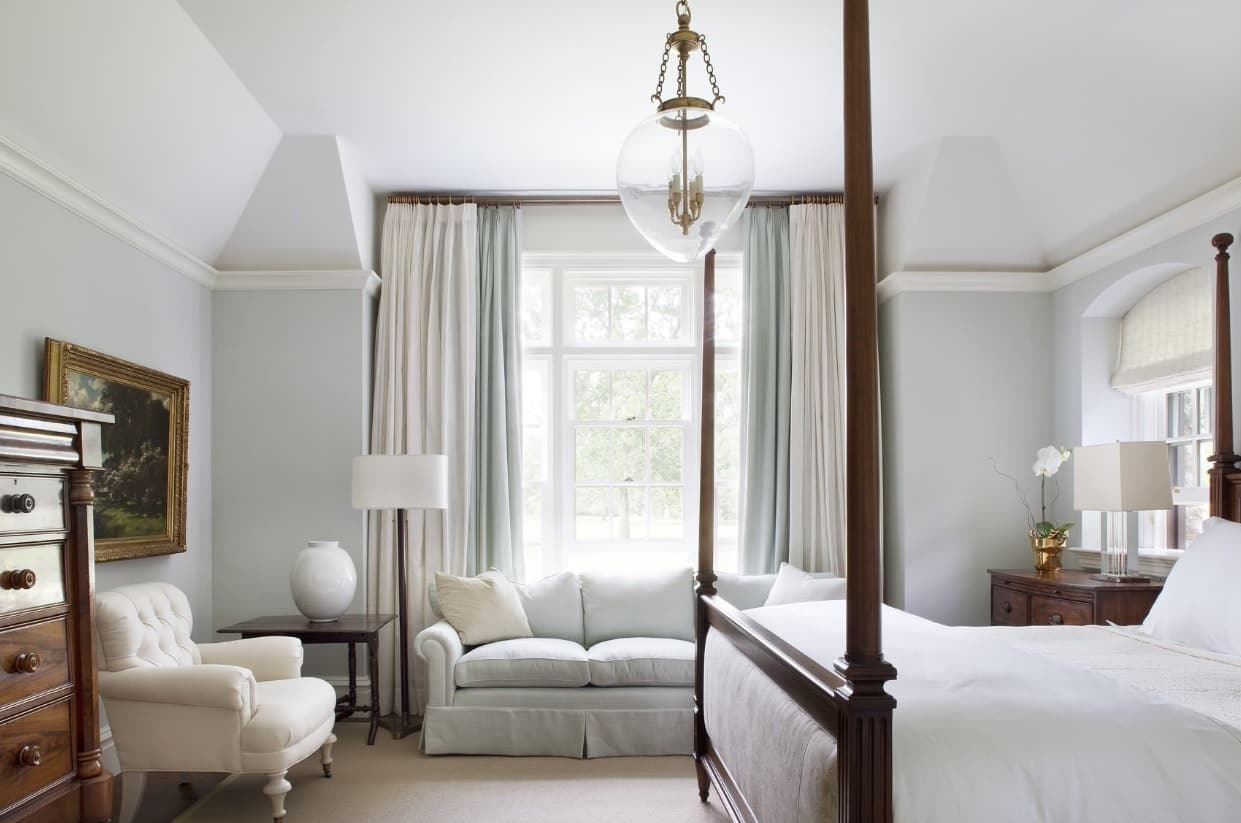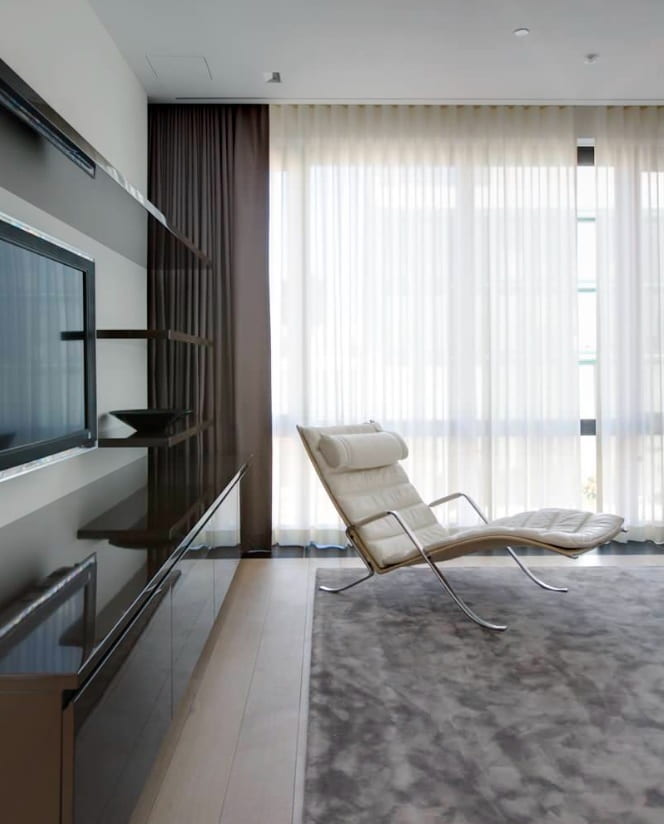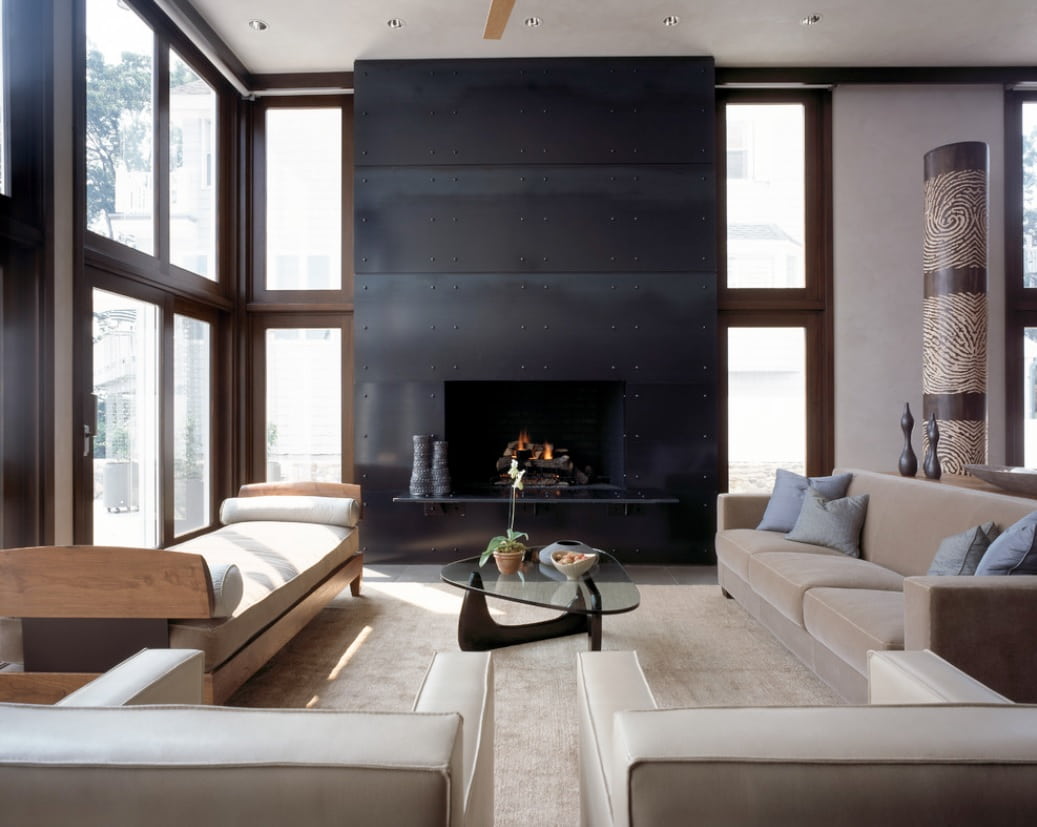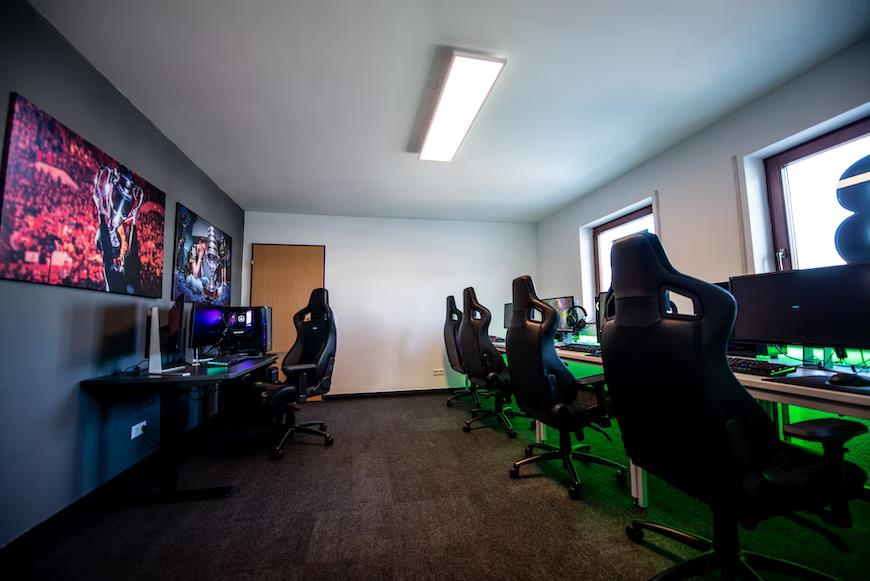Do you want your home to look like an interior designer had a hand in completing, but you do not know where to begin? Anyone can learn DIY designing on a budget, and the tips below can take you through the whole process from start to finish.
Find Inspiration
Anything visual can be a great inspiration for how you want the rooms in your home to look, from what you see in magazines, TV shows, and movies to photos online and more. Start just by gathering pictures that you like. This can be especially helpful if you aren’t quite sure what kind of style appeals to you. Eventually, you’ll have a sense of what you’re after.
Secure the Funds Needed
Now that you have been inspired by your collection of photos, it is time to come back to earth and look at your budget. Remember that there are lots of clever DIY shortcuts for otherwise costly renovations. You can also pay for your home improvement project with a personal loan from a private lender. The process of finding out whether you are eligible and what your options are is usually quick and easy. It’s not uncommon for designing and renovation to go over budget, so be sure to build in room for that.
Choose the Right Color and Texture
Try to think in terms of using three different colors. This is just enough variety to avoid monotony while not giving people a headache just from looking around the room. Of course, you will see all kinds of different approaches in pictures, including monochrome and wildly colorful rooms, but three colors are a good rule of thumb for the novice. You can use one shade for large pieces, such as your walls, and a second shade for furniture. The third shade is for your smaller accessories.
You could use a mix of textures in each room as well. When it comes to both color and texture, think in terms of your lifestyle as well as preferences. If you have pets or children, cream and silk are probably not the right choices for you. Also, consider your goals for how you want the room to feel and the energy you want from it. This will help you learn how to use colors for profit in terms of vibes and energy from aesthetics.
Build Around a Large Centerpiece
Have you ever walked into a room that just felt cluttered to you although you could not exactly explain why? It’s likely that there were too many small pieces of furniture scattered around without a main piece to pull it all together. Even if your rooms are tiny, it’s generally a good idea to have a big piece that you build around. This could be a sofa, a cabinet or a bed. You can then put smaller pieces of furniture around it.
Add in Accents
Even smaller than small pieces of furniture are the accents, but these can also be the most important part of the room. Candles, a few books, a bowl, colored stones, and little baskets are all items that can change the look of a room and make it feel warm and inviting. If you’d like some original art to hang on the walls, visit your local university and see what students are selling, or try looking at artists’ shops online.

